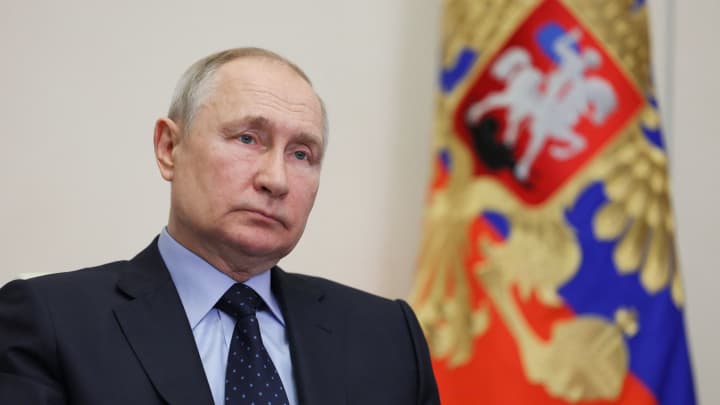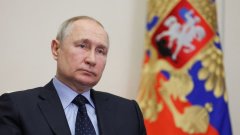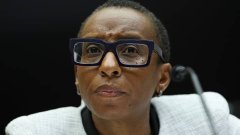
Incumbent Russian leader Vladimir Putin has confirmed he will run in the national presidential elections of 2024, state news agency , according to a Google translation.
Russians will head to the polls on March 17, with Putin's current powers set to expire on May 7.
Putin, 71, has run Russia for roughly 24 years, alternatively serving as prime minister and president since 1999. Securing another presidential mandate in 2024 would see him remain at the helm of Russian politics until at least 2030.
Russian state news outlet Ria Novosti that Putin was on Friday awarding a medal to veterans of its war in Ukraine, which Moscow dubs its "special operation," when a soldier asked him to run once more for president. Putin confirmed he would.
"Now is the time, I will run," he said, in Google-translated comments reported by Ria Novosti.
"We are very glad that the president heard our request for nomination, all of Russia supports him," the solder Artyom Zhoga said afterward.
Putin could potentially remain in power until 2036 thanks to two constitutional amendments that he oversaw. In 2008, the constitution was adjusted to lengthen the presidential term from four to six years. And in 2020, Putin secured constitutional changes allowing him to pursue two further six-year presidential mandates, after his current one expires in 2024.
Putin is unlikely to face any serious contenders in the presidential election. He remains widely popular domestically, despite the costly and bloody ongoing war in Ukraine, widespread international criticism and ensuing Western sanctions over the invasion. There was also a failed coup over the summer that saw Yevgeny Prigozhin's Russian paramilitary group Wagner turn against Moscow. Citing survey figures produced by the All-Russian Center for the Study of Public Opinion, Tass says that 78.5% of Russians trust Putin, while 75.8% approve of his activities.
Western reprobation has isolated Putin on the world stage, bringing Russia closer to China, Iran and Saudi Arabia.
Critically, the Russian leader's freedom to move abroad and engage diplomatically has been curtailed by an arrest warrant emitted in March 2023 by the International Criminal Court for the war crime of unlawful deporting and transferring children from occupied areas of Ukraine to Russia. All 123 countries party to the Rome Statue that underpins the ICC would be obligated to arrest Putin if he entered their territories.
Putin has in turn constructed political rhetoric within Russia that paints the West and Western institutions, particularly the U.S., as determined to discredit and sabotage Moscow.
Looking ahead, the long-term challenges for Putin include economic hurdles born of ongoing sanctions that have attacked the oil industry — the backbone of Russia's revenue streams.
G7 countries can no longer access Russia's oil supplies, while non-G7 nations may only use Western shipping and insurance services to secure them if they purchase them under fixed discounted prices. Russia's "dark fleet" of tankers carrying crude and oil products undetected by satellite trackers have stymied efforts to keep track of these flows, however.
Russia's annual inflation rate hit 6.69% in October, , above the central bank's but justifying its latest decision to bring its key interest rate to 15% as of Oct. 30.
Despite these indicators, that Putin on Thursday told the Russia Calling business forum in Moscow that the country's gross domestic product was set to grow 3.5% this year, recovering from a 2.1% contraction in 2022.
"Today, GDP is already higher than it was before the Western sanctions attack," he said.




